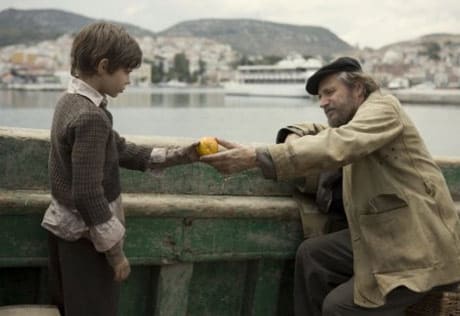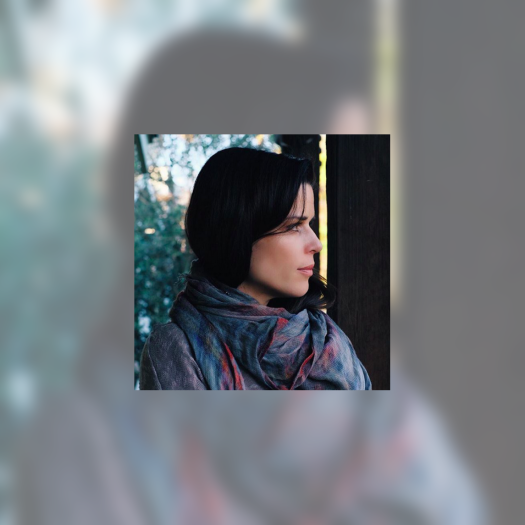First youre guilty, then youre not. That seems to be the emotional trajectory for the fugitive from the Nazis who headlines Fugitive Pieces, a struggle with survivor guilt so opaque as to barely register on your consciousness.
Based on the beloved Anne Michaels novel, it details the progress of Jakob (Stephen Dillane), who as a child in WWII was spared extermination by a Greek archaeologist named Athos (Rade Serbedjiza). The film jumps back and forth between this terrible past and the 60s present, in which the adult Jakob cant handle relationships and withdraws from emotional intimacy. And when I say he withdraws, I mean it: the character is so uncharismatic (and Dillane such a blank actor) that you cant imagine why anyone would spend so much as five minutes in his company.
The most obvious problem here is that it doesnt make his broken relationships credible; you believe that Rosamund Pike would break up with him but not that shed date him in the first place. But more importantly, it doesnt flesh out his journey from guilt to acceptance, with the process of his mourning work reduced to the fact of its existence and the seriousness by which it facilitates a handsome "quality drama.
As a Canadian film about Holocaust survivors, this rates way better than Emotional Arithmetic. Unlike that embarrassment Fugitive Pieces is fluid, well shot and without aesthetic hiccups. You can watch it without resentment and with low levels of involvement. But its insight still runs about an inch deep, so you also dont invest much beyond what a middlebrow diversion can provide.
The subject isnt exactly dishonoured but theres not much about it here Oprah Winfrey cant provide.
(Maximum)Based on the beloved Anne Michaels novel, it details the progress of Jakob (Stephen Dillane), who as a child in WWII was spared extermination by a Greek archaeologist named Athos (Rade Serbedjiza). The film jumps back and forth between this terrible past and the 60s present, in which the adult Jakob cant handle relationships and withdraws from emotional intimacy. And when I say he withdraws, I mean it: the character is so uncharismatic (and Dillane such a blank actor) that you cant imagine why anyone would spend so much as five minutes in his company.
The most obvious problem here is that it doesnt make his broken relationships credible; you believe that Rosamund Pike would break up with him but not that shed date him in the first place. But more importantly, it doesnt flesh out his journey from guilt to acceptance, with the process of his mourning work reduced to the fact of its existence and the seriousness by which it facilitates a handsome "quality drama.
As a Canadian film about Holocaust survivors, this rates way better than Emotional Arithmetic. Unlike that embarrassment Fugitive Pieces is fluid, well shot and without aesthetic hiccups. You can watch it without resentment and with low levels of involvement. But its insight still runs about an inch deep, so you also dont invest much beyond what a middlebrow diversion can provide.
The subject isnt exactly dishonoured but theres not much about it here Oprah Winfrey cant provide.




